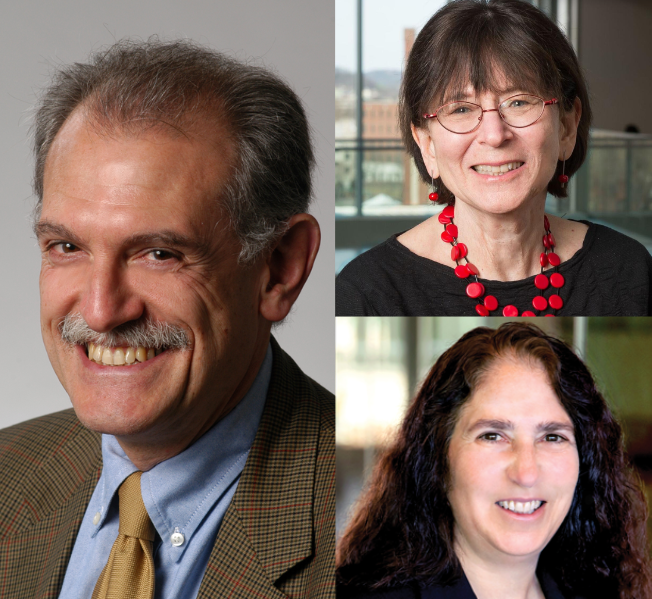
April 26, 2024
Newly elected members to the American Academy of Arts and Sciences include EECS faculty, alumni
EECS Professor Alberto Sangiovanni-Vincentelli has been elected to the American Academy of Arts and Sciences. Lenore Blum, professor in residence, and alumna Nancy Amato, (M.S. 88; advisor: Manuel Blum) were also named on the list of 250 newly elected members. Founded in 1780, the American Academy…








